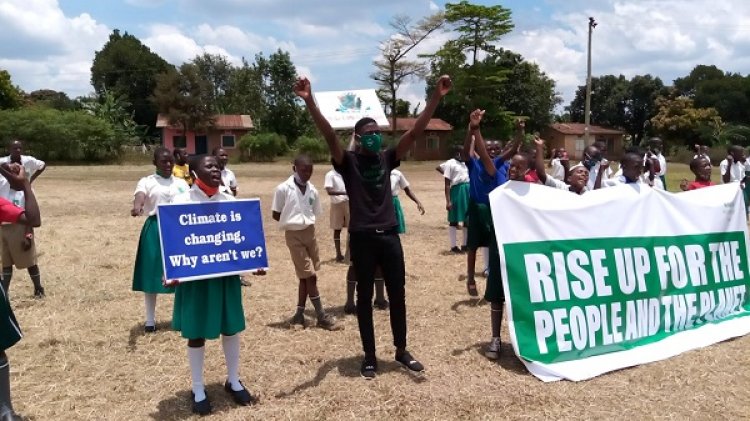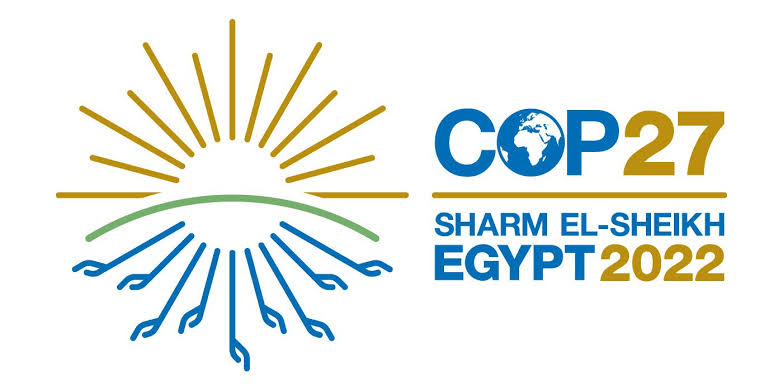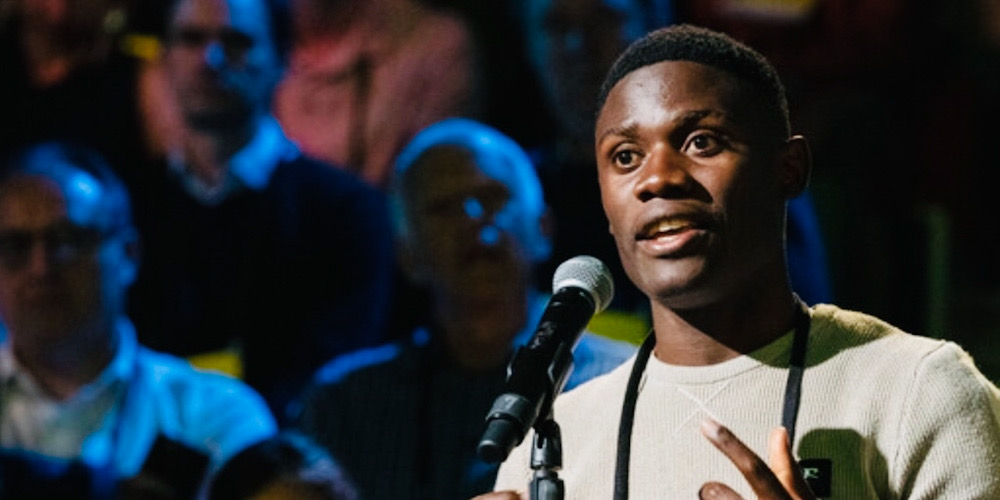In 2008, flash flooding in Butaleja district, Eastern Uganda displaced over 400 people, among them Nyombi Morris’ family. “Because I was young, I didn’t know the floods were due to climate change.”
Now a decade later, the Climate Change activist is tackling this global threat head-on through his non-profit, Earth Volunteer that is on a mission to fill up Uganda’s dwindling forest cover and champion climate change education.
According to a 2020, Global Forest Resources Assessment by the Food and Agriculture Organisation (FAO), Uganda’s total forest area has rapidly declined from 24% to a measly 9% in 25 years due to unsustainable or illegal trade in forest products and the expansion of agricultural land, among other factors.
To exacerbate the contentious issue, reports emerged in 2019 that the government had given out a chunk of Bugoma forest, the largest remaining block of natural tropical forest in the country to a sugar factory, eliciting litigation and a massive outcry from the public, civil society organizations and activists. Among them was a group of youths led by Nyombi Morris.
“Mabira forest is almost gone and now Bugoma was at the peak of being sold out, I had to do something. I was standing on the street talking about the forest and why it was so important to us. But the government looked at us as people that are jobless and trying to challenge what we do not know.”
If anything, this thickened his resolve and the idea of starting a non-profit was set in motion. “I decided to stand for the forests and bring young people together to protect them. I told my colleagues we needed to carry out afforestation in the forests as the missing spaces were attracting money makers to fill because they lacked trees.”

Earth Volunteers was born in 2020 with its first project, ecosystem restoration and tree planting. With a focus on preserving forests, the organization harnesses the power of community and partnership with different universities to carry out reforestation in forest reserves.
“We have so far planted 48,000 samplings in 17 out of the 580 Ugandan forest reserves. The trees we are planting are indigenous and not those that will attract money makers. We focus on the tree species that will benefit our forests in years to come.”
In 2021, Morris says he came to yet another harrowing realization; Climate change education was not included in Uganda’s school curriculum leaving millions of students with limited knowledge about climate. “We found out that many teachers would like to talk about it but did not know where to start.”
To bridge this gap, Morris and his team launched the ‘Climate School Initiative. Through the initiative, they are collecting books from different parts of the world and working with countries that have already integrated climate change education into their school curriculum, and editing these books to suit unique local contexts for Ugandan learners. “We are currently working with UNICEF Zimbabwe which gave us a copyright to one of their books called ‘Our Changing Climate’.”
Morris says they have so far distributed the edited books to 13 schools and are next year looking to translate them into different local languages to maximize impact. “We have a huge target; by 2030, we have to see at least 50% of Ugandan students aware of climate change and what actions they can take. We believe we can fight environmental degradation by educating ourselves because in the end, it’s not about nature; it’s about us. Nature can survive without us.”
In recognition of the organization’s laudable contribution, Morris was awarded the Earth Champion Award 2022 and named CNN Environmentalist of Tomorrow.
Qtn: You are attending COP27. What are your expectations and demands?
Morris: This time around, COP27 has invited polluters to the table, and I believe this is the right time to challenge these companies because they gave themselves a net zero target but are still selling plastics. So my question is, if we are witnessing a new no-plastic transition in Europe, why is it so hard to be implemented in Africa? Two, I want to bring out the conversation of compensation. When we lost our families and home, we were not compensated. I can not blame the government because they did not have the money but at the same time, the countries that promised to release climate finance and the loss and damage finance, are not talking about this issue. We need to talk about climate reparation. This money should come in the form of compensation and not borrowing, because at the end, our countries are left in heavy debts can’t pay back.
The other thing I want addressed is the decolonization of the economy. Today when you look at the UK, they are talking about transition to renewable energy yet every year, we see them licensing new fossil projects, and telling us Africans in the global south to lead the transition. How can we lead when you also can’t walk the talk?
Qtn: As a young person tackling climate change, What worries you the most?
Morris: Our government does not value us. Even when we are rooting for it, they keep challenging us. When I speak about the climate change burden my government endures, you might think I work for it, but I don’t. I just love my country and want to see a better future for us but I worry so much when it does not bring us to the table.
Qtn: How should COP27 cater to the needs of young people?
Morris: Cop-27 should give them a chance to share what they are doing on the ground. There is no clear solution yet, which is why we want every voice in the fight.
Qtn: How can young people be a part of the solution?
Morris: Start by educating yourself about climate change and how it affects you, mobilize the community and start sensitizing them about what is happening. If you fail in the community due to restrictions, then join social media. Many organizations including ours can support and help you learn more.
Written by Nila Yasmin Faisal
This article was produced as part of the ‘COP27 AFRICAN YOUTH VOICES’ serie, a collaboration between Rwanda Post, GLIM and L’Écologiste to amplify youth initiatives and voices to mark COP27, courtesy of the African Union (AU) Media Fellowship.


